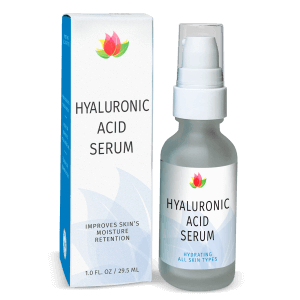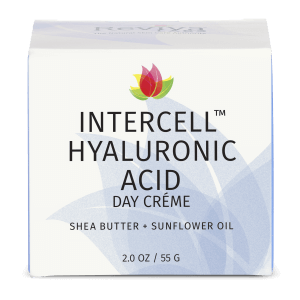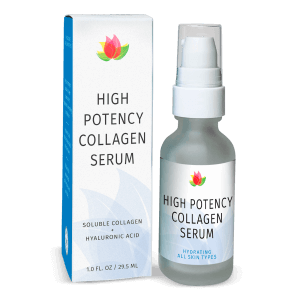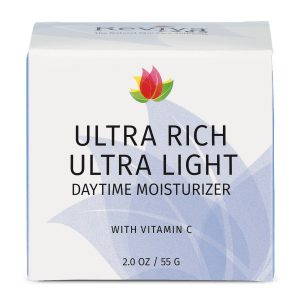Reviva Labs, Skin Care
Moisturizer, Hydrator, and Lotion – Which One Is Right for You?
If your skin feels dry, which do you reach for a moisturizer, a hydrator, or a lotion? You might be surprised to learn that these terms, while often used interchangeably, serve different purposes for your skin. Since each product is designed to work differently, choosing the wrong one could lead to missing out on the results your skin truly needs.
Words Matter in Skincare
According to the Journal of Dermatological Research, 64% of adults say they’re confused by skincare terminology. And it makes sense. With so many buzzwords flying around, understanding what your skin actually needs can feel like a guessing game. But here’s the good news: understanding the difference between a moisturizer, a hydrator, and a lotion isn’t as tricky as it seems once you know how each product interacts with your skin.
What Is a Moisturizer?
At its core, a moisturizer is designed to prevent water loss from your skin. Think of it as a shield that locks in hydration and protects your skin barrier from the elements. Moisturizers are often rich in oils and emollients, which create a physical seal over the skin.
While a moisturizer’s primary job is to maintain your skin’s moisture levels, it doesn’t necessarily add water but instead traps the water that’s already in your skin. This makes it essential for preventing anyone looking to prevent dryness, especially in harsh environments or after cleansing, when your skin is most vulnerable to dehydration.
Key Ingredients Include:
- Occlusives: Lanolin, and beeswax are common occlusives that form a barrier over the skin.
- Emollients: These include oils like jojoba, sesame seed, olive, or shea butter to smooth and soften.
- Humectants: Ingredients like glycerin or hyaluronic acid are often added to pull water into the skin for a hydration boost.
What Is a Hydrator?
If moisturizers are about sealing, hydrators are all about adding. Hydrators increase your skin’s water content by delivering moisture to your cells. Unlike moisturizers, they’re not focused on sealing anything in but rather quenching thirsty skin.
To do this,hydrators use humectants—water-binding ingredients—to attract moisture from the environment and draw it into the skin. Think of a hydrator as a tall glass of water for your complexion. It’s especially helpful for dehydrated skin, which lacks water (not to be confused with dry skin, which lacks oil).
Key Ingredients:
- Hyaluronic Acid: A powerhouse humectant that can hold up to 1,000 times its weight in water.
- Aloe Vera: A natural hydrator that soothes and adds moisture.
- Panthenol (Provitamin B5): Helps improve water retention in the skin.
What Is a Lotion?
Lotions are the lighter cousins of creams. They’re a type of moisturizer but with a higher water content and a thinner consistency. Lotions are designed for quick absorption, making them perfect for those who don’t like the feel of heavy products.
Typically, lotions combine water and oil to provide a balance of hydration and moisturization. They penetrate the skin more easily than creams, thanks to their lower oil content, making them ideal for use during the day or in warmer climates. Lotions are most often formulated for the body since they easily cover large areas and offer quick application.
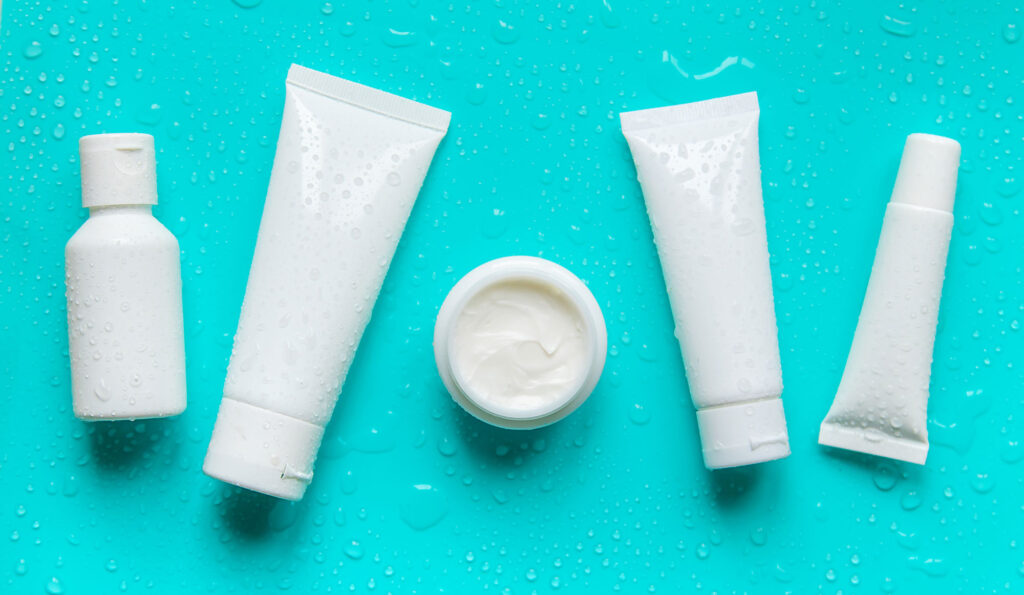
Key Ingredients:
- Water-Based Emulsions: These provide lightweight hydration without clogging pores.
- Light Oils: Such as grapeseed or sunflower oil to soften skin.
- Silicones: Like dimethicone, which smooths the skin and reduces water loss.
Matching Your Skin Type with the Right Product
So, how do you know whether to grab a moisturizer, hydrator, or lotion? It depends on what your skin needs—and yes, those needs can change with the seasons, your environment, and even your stress levels.
Dry Skin: You need both oil and water. Layer a hydrator with a moisturizer to deliver hydration and seal it in. Look for cream-based moisturizers since they are usually more effective for this skin type.
Dehydrated Skin: A hydrator is your best friend. For added benefits, follow up with a lightweight moisturizer to prevent water loss.
Oily or Acne-Prone Skin: Don’t shy away from hydration! Select a water-based, lightweight hydrator or lotion with non-comedogenic ingredients to help balance oil production without clogging pores.
Sensitive Skin: Hydrators are often soothing and free of heavy oils, reducing the risk of irritation.
Combination Skin: This skin type has a few options. They can use a hydrator – particularly for drier areas and/or a lotion for oil-prone zones.
The key to glowing, healthy skin lies in understanding what it needs. Moisturizers, hydrators, and lotions each play a unique role, and using them correctly can make all the difference. So next time you’re scanning the shelves or browsing online, remember this – your skin deserves the right tools for the job. Choose wisely, and your skin will thank you for it—no guessing required!







